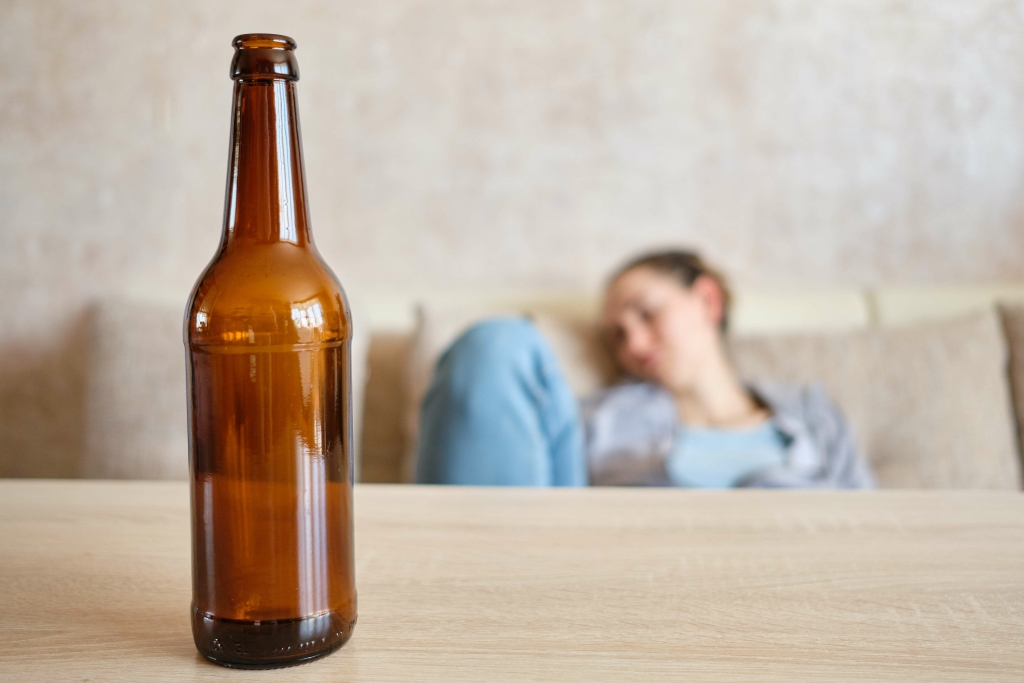It means that if you know what may trigger binges or excessive drinking in your loved one, avoid instigating those triggers. Working with a therapist who https://alternativemp3.ru/muzika-slushat-the-don/ understands alcoholism and the toll it takes on families and who knows how to help those who are codependent is very helpful to people living with alcoholics. Sometimes there isn’t anything else you can do to help your loved one. Having a plan to remove yourself from the situation is an important step in taking care of yourself and other members of your family. We’re here 24/7 to help guide you or your loved on through rehab and recovery. Submit your number to receive a call today from a treatment provider.
Addiction Info
If you want to keep improving, here are some ways to avoid relapse. Heavy drinking over long periods of time has serious consequences – it can cause permanent changes in your brain. These changes include the shrinking of certain parts of the brain, such as the hippocampus, which plays a role in memory formation. Other areas of the brain that can shrink include the prefrontal cortex, which helps regulate emotions, and the amygdala, which controls fear responses. Whether you’re married to an addict in recovery or dealing with a http://mjemagazine.com/majek-fashek-was-an-amazing-husband-his-wife-opens-up-photo/ teen trying to beat addiction, it’s essential to show your support. By Michelle PugleMichelle Pugle writes health articles for award-winning websites, as seen in Healthline, Verywell, Everyday Health, and Psych Central.

Recovery Support
Approaching someone to discuss your concerns is different from an intervention. It involves planning, giving consequences, sharing, and presenting a treatment option. You may also want to see if other family members and friends want to be involved. This can depend on several factors, such as how serious the situation is or how private the person may be. Realize that you can’t force someone who doesn’t want to go into treatment. Imagine yourself in the https://chapincollision.com/nxauto-automobile-manufacturing-process-administration-programs.html same situation and what your reaction might be.
Do’s And Don’ts When Cohabiting With An Alcoholic
- Shame is having negative beliefs about yourself and your self-worth.
- You may worry that they will have no safe place to go if you kick them out, and their addiction could get worse.
- Consider their feelings and help them get through these emotions to the best of your ability.
- While the desire to help a family member on the road to recovery is natural, it’s equally important to recognize the limitations.
It’s important to develop a structured daily and weekly schedule and stick to it. The symptoms involved in PAWS can be a barrier to recovery if you’re not careful. In addition to being able to recognize them, it’s important to know when to seek help. Post-acute withdrawal syndrome (PAWS) involves withdrawal symptoms that persist past the detox period. Such symptoms are often related to mood and may include irritability, anxiety, depression, sleep problems, and fatigue.

